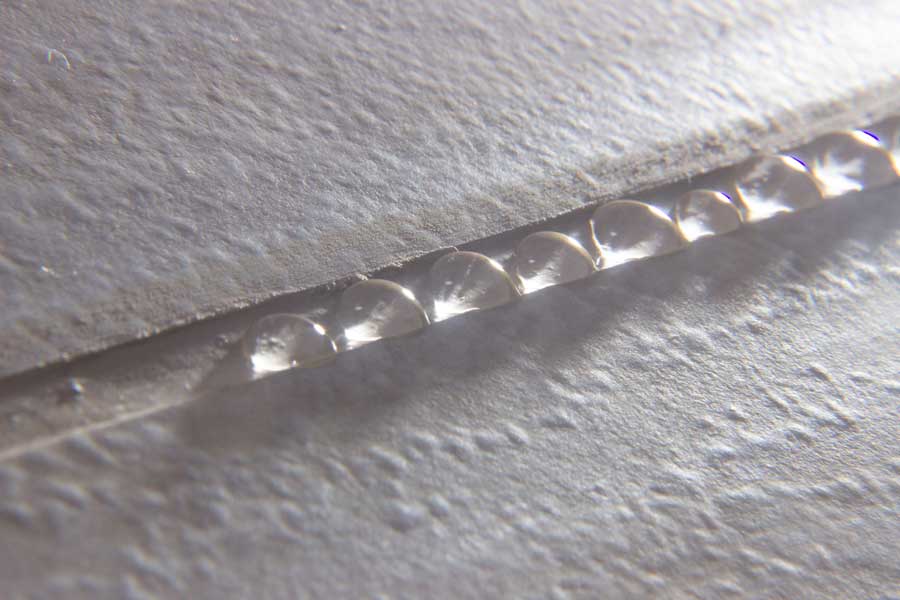
Where to Utilize Epoxy Grout
Our team at Grout Restoration Works has experience with both cement and epoxy grout. And we know which type is best suited for which applications. Epoxy grout, for example, offers superior durability and resistance compared to traditional cement-based grouts. It is composed of epoxy resins and a filler material, making it highly suitable for specific areas where durability and stain resistance are essential. If you want to know which areas benefit the most from epoxy grout, we’ve got you covered.
Showers and Bathrooms
Epoxy grout is an excellent choice for showers and bathrooms due to its water resistance. It is highly resistant to moisture, making it less prone to mold and mildew growth. Additionally, epoxy grout is non-porous, which means it does not absorb water, stains, or other liquids, making it easier to clean and maintain.
Kitchen Countertops
The kitchen is a high-traffic area prone to spills and stains. Epoxy grout's non-porous nature makes it resistant to stains from food, oil, and other substances that may come into contact with the countertop. It is also highly resistant to heat, making it a suitable choice near stovetops and hot pans.
Commercial Spaces
Epoxy grout is commonly used in commercial spaces such as restaurants, hospitals, and shopping malls. These areas often experience heavy foot traffic and may be exposed to a variety of spills and stains. Epoxy grout's durability and stain resistance make it an ideal choice for such demanding environments.
Swimming Pools
Epoxy grout's resistance to water and chemicals makes it well-suited for swimming pools and other water features. It can withstand the constant exposure to water, chlorine, and other pool chemicals without deteriorating or discoloration.
Outdoor Areas
Epoxy grout's ability to withstand extreme weather conditions, UV rays, and temperature fluctuations makes it a suitable choice for outdoor areas. It can be used for outdoor patios, walkways, and terraces, providing a durable and long-lasting grout solution.
High-Humidity Environments
Areas with high humidity levels, such as spas, saunas, and steam rooms, can benefit from epoxy grout's resistance to moisture and mold. It can withstand the constant exposure to high humidity without deteriorating or developing mold and mildew.
It is important to note that epoxy grout can be more challenging to work with compared to cement-based grouts. It requires precise mixing and application techniques, and the cleanup process should be done promptly to avoid excess residue on the tile surface. That is why it is not generally recommended for DIY applications. If you are interested in installing epoxy grout in your home or business, be sure to call the company who will provide you with professional and satisfying results; Grout Restoration Works.
6-13-2023




